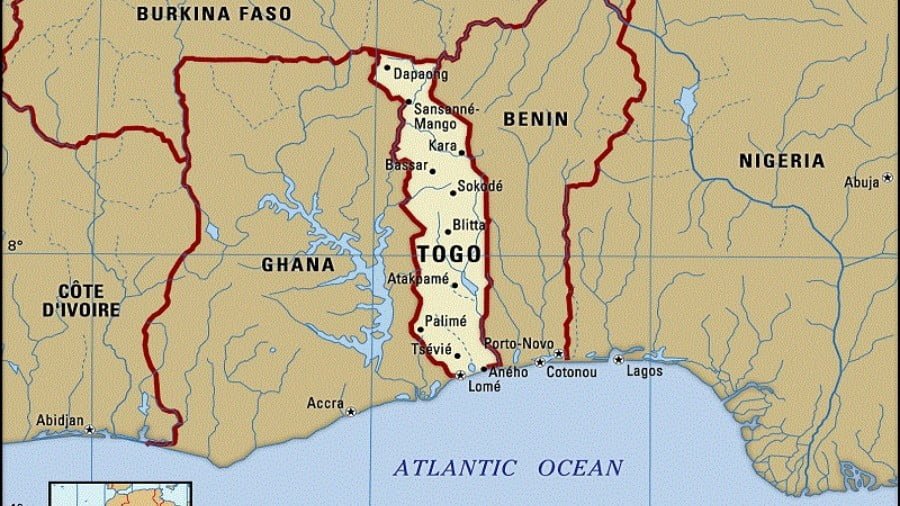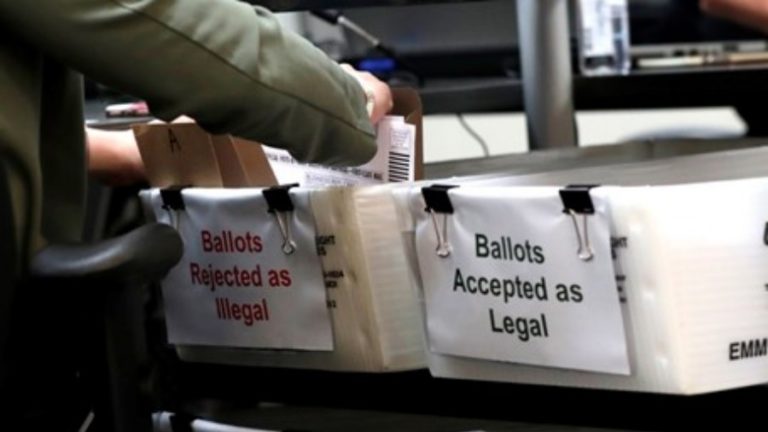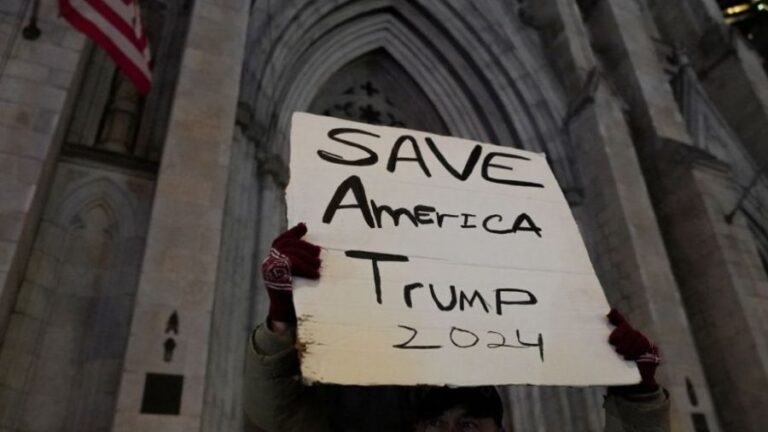The Improvement of Russian-Togolese Relations Is a Multipolar Masterstroke
Togo’s Growing Geostrategic Significance
Most people across the world have never heard of the narrow West African state of Togo, or if they have, then they regard it as an impoverished and geostrategically insignificant country. While it’s true that Togo is among the poorest nations in the world, its geostrategic profile is rapidly raising as a result of its Foreign Minister’s visit to St. Petersburg. Sputnik reported that Mr. Roberty Dussey made it very clear that his country seeks to take relations with Russia to the strategic level by “extend[ing] [their] cooperation to such sectors as seaport cooperation, fishing, agriculture, mining and energy, medicine, education and university research, not to forget the digitalization of Togolese administration.” He also expressed hope that Russian investments can turn the Togolese capital of Lome “into a gateway to West Africa…to serve the other landlocked countries, such as Niger, Mali, and Burkina Faso”, thus making it “a hub for all the West African states.” Mr. Dussey also said that his country wants to purchase Russian military equipment and see its new partner play a greater role in stabilizing the Sahel.
“Democratic Security”
This vision perfectly aligns with Russia’s unofficial one that I elaborated upon over the years and comprehensively explained in my April 2019 analysis about how “Russia’s Military Deal With The Congo Republic Completes Its African Transversal”. Some of the prior analyses that I hyperlinked to in that piece direct to a defunct website but can still be read by relying on the free Internet Archive resource. The gist is that Moscow is providing much-needed “Democratic Security” (counter-Hybrid Warfare tactics and strategies) to at-risk governments in the Global South upon the request of their legitimate authorities in exchange for preferential economic deals that can help their governments diversify from their overdependence on any given partner in the ongoing New Cold War. The Central African Republic is the primary case study of this policy in practice but it also importantly takes non-kinetic forms too like in the Togolese example where strategic investments can help improve the economy with the eventual aim of stabilizing the social situation there.
“Balancing” Basics
Togo reached out to Russia out of the desire to strike a “balance” between its traditional French and American allies on one hand and its new Chinese partner on the other. The Western-initiated friction between those two camps threatens to destabilize the continent, hence the wisdom in seeking out a neutral third-party “balancing” force like Russia. After all, Moscow’s 21st-century grand strategic ambition is to become the supreme “balancing” force in Afro-Eurasia, to which end it’s striking up a slew of comprehensive cooperation pacts with non-traditional partners, both large ones like Pakistan and Turkey and smaller states like the earlier discussed Central African Republic and most recently Togo. The West African country’s appeal to Russia is exactly what its Foreign Minister described it as: Togo can serve as a dual gateway to the Gulf of Guinea and Sahel regions. In addition, its small size makes it an ideal testing ground to perfect a new multipolar model of development spearheaded by Russian state-owned enterprises (SOEs), private big businesses, smaller firms, and civil society.
Moscow’s Model Of Multipolar Development
Russia envisions strategically investing in non-Western countries in order to boost its influence all across the Global South in response to the West’s shunning of it over the past half-decade. The model in mind is one where investments from SOEs, private big businesses, and smaller firms come together to comprehensively improve the economic situation in recipient countries in parallel with robust civil society outreaches that elevate Russia’s soft power standing in their societies. Togo is so small that this model can be more easily experimented with and perfected than in many other countries, and its results can be more immediately seen as well, especially since it’s much more stable than the Central African Republic too. Any success in this respect would serve as a powerful proof of concept confirming the practical benefits of Russia’s “balancing” act for both itself and its partner countries alike, which could in turn function as a demonstration effect inspiring other countries to seek its assistance as they too attempt to balance between the US, France, and China.
Concluding Thoughts
All indications suggest that Russia’s “balancing” act with Togo will be mutually beneficial and ultimately successful. Togo approached Russia because its leadership realized the wisdom of seeking out a neutral third-party “balancing” force in the New Cold War. Moscow’s “Democratic Security” accomplishments in the Central African Republic over the past few years are very impressive and endeared the Eurasian Great Power to a growing number of Global South states, especially African ones. They saw for themselves all that can be achieved by comprehensively improving relations with Russia, and those like Togo that don’t presently suffer from severe domestic instability like the Central African Republic does expect the tangible dividends to be even more immediate and impressive. If everything goes according to plan, Togo will serve as Russia’s reliable gateway to the Sahel, from where it can then further expand its “Democratic Security”-driven influence to stabilize this conflict-prone region and in turn greatly contribute to the rest of West Africa’s multipolar development.







